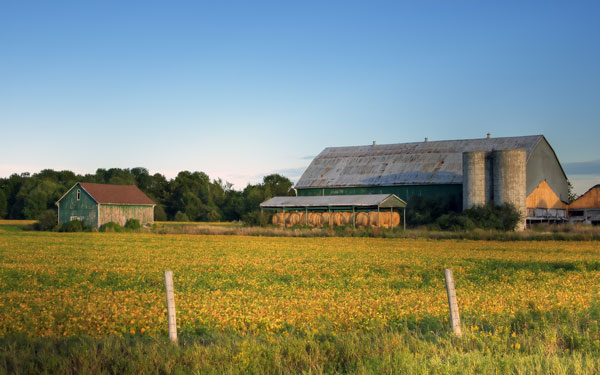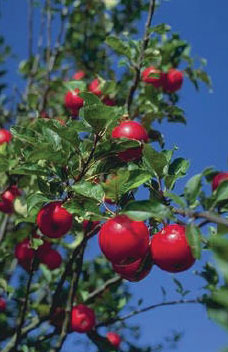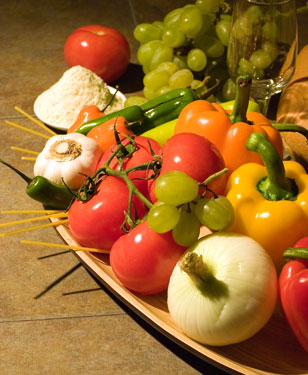 by Kimberly Blackford
by Kimberly Blackford
What may seem like the latest craze or marketing ploy might actually be truly beneficial and not just all hype. Over the past couple of years, anything “green” or organic has really become the trend. From grocery stores aisles filled with organic produce and dry goods to products for your home such as light bulbs and fertilizer, we are experiencing a greener world. But, when it comes to organic foods are they really better? Below are some strong arguments why organic foods and farming are not only better for human beings, but also the entire planet.

Organic farming is better for wildlife because on a typical organic farm field, researchers have found five times as many wild plants, species and birds than a regular farm. Organic farms restore and maintain wildlife. Organic farming is also better for the soil according to Swiss studies. An organic field has deeper vegetation, more weed cover and soil creatures including pest-eating spiders and beetles.

Organically grown food also has been linked to better fighting cancer, stroke and heart problems. In a recent Scottish study, scientists found that organic vegetables contain almost six times as much salicylic acid. Salicylic acid is the main ingredient in aspirin; it helps fight hardening of the arteries, colon cancer and is produced naturally in plants as a defense against stress and disease.

Today’s fruits and vegetables contain dramatically less vitamins and minerals than they did 50 years ago. In every case, however, organic crops have a higher level of nutrients when tested. So, it’s quality and not quantity in order to get your daily vitamin and mineral requirements.
Why is eating organic food just better? With the absence of pesticides and fertilizers, plants boost their natural production of phytochemicals (vitamins and antioxidants) that strengthen their resistance to bugs and weeds.
Pesticide contamination isn’t as much of a concern in meats and dairy products, but some scientists are concerned about the antibiotics being given to most farm animals. Many of these antibiotics are the same that humans use, so constant exposure to these drugs can cause resistance over time.
So, if you are able to afford it, buy organic. Local farmer’s markets carry reasonable locally grown organic food, so that is a great place to start. And, look for foods that are in- season, so they will be less expensive. But, if organic produce is not always in your budget, then do spend the extra money on the “dirty dozen”.
What is the dirty dozen? These fragile fruits and vegetables often require more pesticides to fight off bugs compared to hardier produce such as asparagus and broccoli. If you can only afford to buy a limited amount of organic produce, then stick to the fruits and vegetables listed below to ensure better health and less contact with contaminants.
- peaches
- strawberries
- nectarines
- apples
- spinach
- celery
- pears
- sweet bell peppers
- cherries
- potatoes
- lettuce
- grapes
Eating healthy food that is high in fiber, low in fat and free of chemicals and toxins is just one way to live a healthy life. By eating organic food, you are limiting the number of toxins entering your body helping to keep you healthier overall. But, at the same time, you are helping maintain healthier farms, animals and overall a better earth.
Here are some related articles:
Save this article to:
back to top